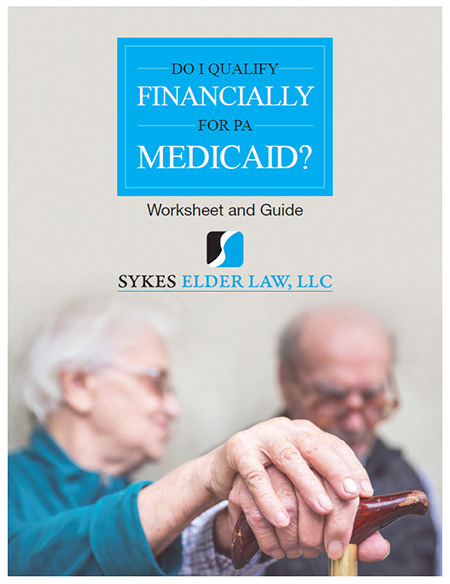Medicaid rules usually penalize gifts of any property to an applicant’s children during the five-year look-back period.
But there are some exceptions that allow a Medicaid applicant or recipient to give away the personal residence to a son or daughter with no penalty.
Caregiver child
Sometimes a child of the applicant has resided in the applicant’s home for at least two years, and has provided care that kept the applicant from needing care in an institution. In that case, the applicant can deed the house to the caregiver child penalty-free.
Such care must have been provided immediately before the applicant entered nursing care.
This rule serves an important public policy goal of encouraging family members to provide care in the home, and compensating a caregiver child for lost earnings and benefits he or she could have received in the workforce.
Blind or disabled child
A Medicaid applicant can also make a penalty-free gift of the personal residence to a blind or disabled son or daughter.
The applicant can make the gift outright, or to a trust established solely for the benefit of the blind or disabled child. Whether it should be made outright or in trust depends on the nature of the disability, and the ability of the blind or disabled person to manage the home.
Child under 21
Finally, an applicant can gift a house into the name of a son or daughter who is under the age of 21.
This type of gift happens rarely because a Medicaid applicant’s children are usually much older when the applicant enters a nursing home. But it can occur when the applicant requires nursing care because of early onset dementia, an accident, or some other debilitating condition that occurs at a relatively young age.






